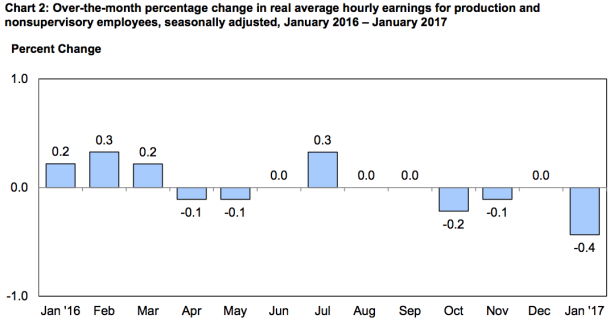Special mention
Cartoon of the day
Posted: 26 February 2017 in UncategorizedTags: cartoon, Congress, Democrats, Hispanics, Mexico, Obamacare, Republicans, stock market, Trump
0
Cartoon of the day
Posted: 25 February 2017 in UncategorizedTags: cartoon, Congress, factory, immigration, Koch brothers, refugees, Republicans, Trump, workers
Cartoon of the day
Posted: 24 February 2017 in UncategorizedTags: cartoon, deregulation, Dodd-Frank, immigration, misery, refugees, Trump, Twitter, Wall Street
“In this interregnum morbid phenomena of the most varied kind come to pass”
Posted: 23 February 2017 in UncategorizedTags: Antonio Gramsci, employment, inequality, Obama, poverty, recovery, Trump, wages, workers

In his Prison Notebooks, Antonio Gramsci wrote: “The crisis consists precisely in the fact that the old is dying and the new cannot be born; in this interregnum morbid phenomena of the most varied kind come to pass.”*
The world is once again living an interregnum. It is poised between the failed economic model of recovery from the crash of 2007-08 and the birth of a new model, one that would actually work for the majority of Americans.**
Morbid symptoms abound, including slow economic growth, persistent poverty, and obscene levels of inequality. Perhaps even more significant, especially at this point in the so-called recovery, when according to mainstream economists and policymakers full employment has been achieved, workers’ wages are actually declining.
According to the latest release from the Bureau of Labor Statistics (pdf), both real average hourly and weekly earnings for production and nonsupervisory employees decreased 0.4 percent from December to January. And, over the course of the past year (January 2016 to January 2017), real average hourly earnings for all employees failed to increase (remaining at $10.65 (in constant 1982-1984 dollars) and real weekly earnings actually decreased by 0.4 percent (from $368.66 to $366.32).
That’s what happened under the last administration, based on an economic model that is dying. And there’s nothing in the new administration’s proposed economic policies that promise any better. In fact, the likelihood is that things will stay the same or get even worse for most American workers in the next four years.
Only large corporations and wealthy individuals will likely gain from promised changes in business regulations and tax policies.
That’s a scenario that pretty much guarantees the appearance of even more morbid symptoms in this interregnum.
*The passage is from Notebook 3 (pp. 32-33), written in 1930, which appears in the second volume of the English edition of the full Prison Notebooks, edited and translated by Joseph A. Buttigieg.
**Nicholas Eberstedt [ht: bg], of the American Enterprise Institute, argues the current model failed around the turn of the century, with warning signs even earlier: “For whatever reasons, the Great American Escalator, which had lifted successive generations of Americans to ever higher standards of living and levels of social well-being, broke down around then—and broke down very badly.” David Brooks, as it turns out, concurs.
Cartoon of the day
Posted: 23 February 2017 in UncategorizedTags: cartoon, corporations, immigration, investment, jobs, poor, poverty, refugees, taxes, Trump, United States, Wall Street
How to turn a recession into a depression
Posted: 22 February 2017 in UncategorizedTags: recession, depression, poverty, Greece, Europe, austerity

Greece is a perfect example of how to turn a bad economic situation into something even worse. As Reuters reports,
Rescue funds from the European Union and International Monetary Fund saved Greece from bankruptcy, but the austerity and reform policies the lenders attached as conditions have helped to turn recession into a depression.
As a result, the poverty rate in Greece almost doubled (between 2008 and 2015), rising from 11.2 percent to 22.2 percent.

And average (per adult) GDP has fallen below what it was three decades ago.
Meanwhile, IMF and European institutions are demanding further austerity measures (equivalent to 2 percent of gross domestic product) before agreeing on a new deal to aid Greece.
Cartoon of the day
Posted: 22 February 2017 in UncategorizedTags: agriculture, cartoon, colonialism, EPA, land, Third World, Trump, United States














